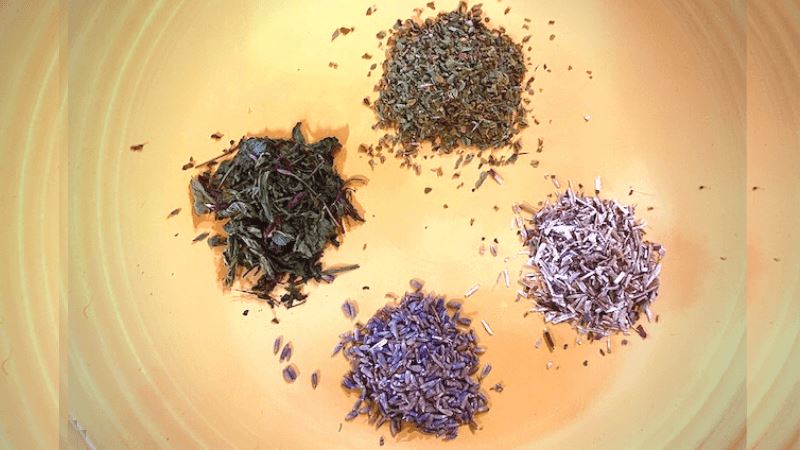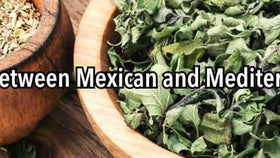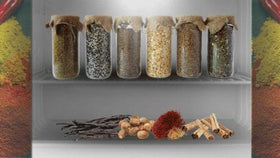How to Use Dried Herbs in Cooking
There is no doubt about it, fresh herbs do tend to be more fragrant and are often more flavorful than their dried counterpart, but due to seasonality, growth regions, and how quickly most herbs will decay after being harvested compared to how long it takes for them to be delivered to market, sometimes it just isn’t feasible to obtain high-quality fresh herbs.
Meanwhile, dried herbs are readily available year-round and when used and stored correctly, still contribute loads of flavor to the dishes they are incorporated into. So we’re here to answer some of the most frequently asked questions regarding dried herbs.
How to Get the Most Flavor from Dried Herbs
You put way too much time and effort into the dishes you make for them to fall short in the flavor department when using dried herbs. Continue reading to learn the best ways to optimize the flavor of any dried herb.
Using Fresh Herbs vs Using Dried Herbs:
Fresh herbs, like many other fresh ingredients, definitely contribute a brightness to the dishes they are added too. They vary from crisp to delicate but all are rich in volatile oils that linger in your mouth after every bite. That said, they aren’t always the best choice. Those volatile oils quickly vaporize when cooked, whereas, when properly dried, some of those oils will have been preserved to infuse into your dishes during the cooking process.
Of course, there are certain ingredients that preserve better when dried, among those are rosemary, lavender, oregano, thyme, and tarragon. For the most part, the daintier herbs do not hold onto their flavor in the drying process—parsley, cilantro, and basil to name a few.
A good rule of thumb when deciding between fresh herbs and dried is this: if your dish is going to be in contact with high heat, whether simmered, sautéed, or grilled, hearty, dried herbs will work great, as long as you treat them well. If you are preparing something that is intended to be eaten fresh, like green salad, an herbaceous oil dressing, or finishing ingredients, opt for fresh.
How Do You Release the Flavor from Dried Herbs?
There are many ways to release the flavor and essence from within your dried herbs and none of them take much time or effort. Regardless which method you choose, we always recommend starting by gently crushing them between your fingers or with the back of a spoon. Lightly toasting the herbs in a dry skillet is another good way to release a bit more flavor, but be sure you don’t burn your herbs.
As with most dried ingredients, rehydration allows the flavors to infuse into the rehydration liquid. If you are planning on using your herbs in a basic dressing or sauce that will not be cooked, place your herbs in a bit of oil, vinegar, or other liquid prior to mixing in the other ingredients. Let the herbs rest in the liquid for at least 10 minutes.
If the dish you plan on using your herbs in is going to be cooked, especially if it is going to be simmered or boiled, feel free to add your herbs directly to the pot. As it is cooking, the flavors will infuse beautifully into the dish.
What is the Shelf Life of Dried Herbs?
You know those containers of herbs that have been sitting on your shelf since 2008? They are just wasting space at this point. Preserving herbs through dehydration does not give them flavor immortality. There is no specific time frame when the flavor will just disappear, instead, it will diminish little-by-little. After about a year, though, you might want to give them a test to see if it is worth keeping.
There are ways you can extend the life of your dehydrated herbs. Keep them in a cool, dark place, to start. Sunlight is not a friend of dried herbs, nor is moisture. If you store them in glass, choose a dark jar rather than clear and always keep the container closed tight to avoid exposing them to air.
****
Looking for high-quality herbs and spices? Check out our full line at our online spice store.






Slofoodgroup
Author